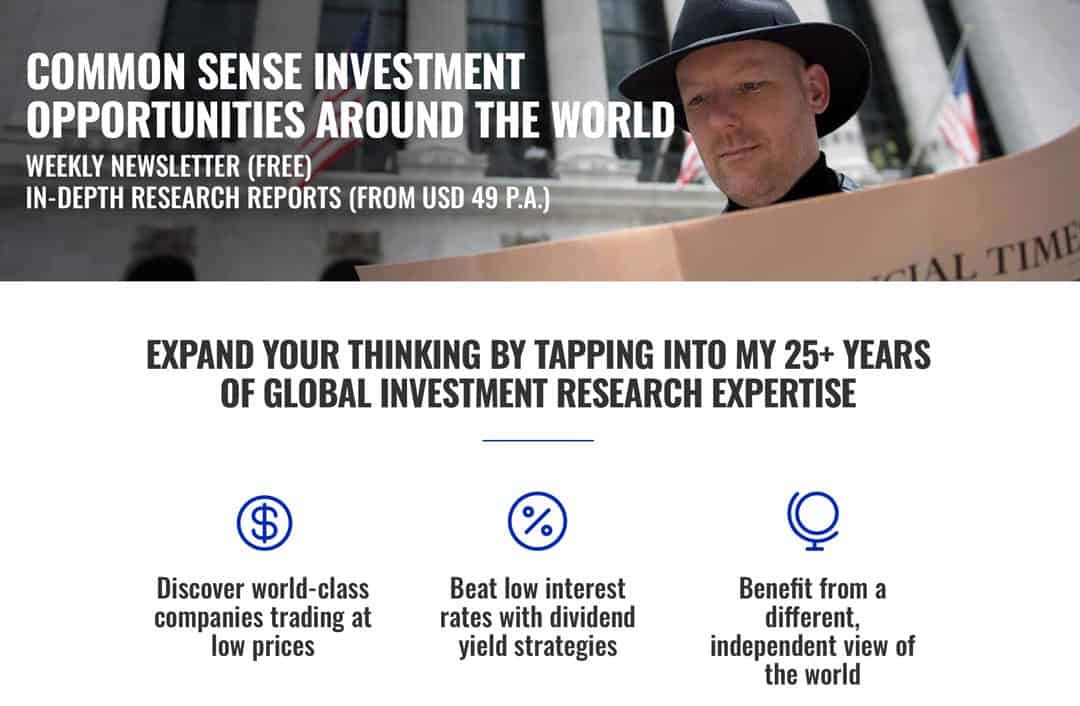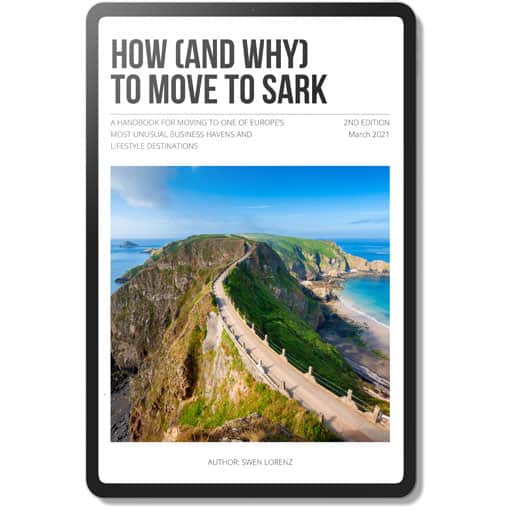Creating a company from scratch is extremely messy.
Most first-time founders cannot imagine the non-linear difficulties and often outright chaos they will encounter in their work. The vast majority of founders are overconfident about their prospects and naïve about the problems they will face.
That’s why I advise taking someone on board who has done it before. Starting a new company becomes a lot easier if one of your team members has already been through it once.
If you aren’t in a position (or willing) to enlist adult supervision, then the following 430-page tome might prove a useful companion and reference book.
Data instead of anecdotes
Books about starting companies or becoming a start-up CEO are a dime a dozen.
His work is based on data collected from a pool of 10,000 companies rather than just a few high-profile examples.
However, the vast majority of them are based on the individual experiences of one particular founder or company.
Much as this may make for inspiring reading, it’s not necessarily the kind of case you should base your own decisions on. Usually, if a founder’s story makes it onto the bookshelf, he or she will have gone through very unusual circumstances, most of which will probably never apply to you.
In 2012, one proven expert in the field decided to provide a compendium of objective, relevant information for founders.
Noam Wasserman is an associate professor at Harvard Business School who has spent a decade researching start-ups and founders. His work is based on data collected from a pool of 10,000 companies rather than just a few high-profile examples.
The resulting book, “The Founder’s Dilemmas“, is a treasure trove of useful, understandable and well-researched information for founders, CEO, and even investors. It has the apt subtitle: “Anticipating and Avoiding the Pitfalls That Can Sink a Startup”.
I re-read it the other day and felt like sitting down with a well-experienced entrepreneur and listening to hours of valuable insights.
The mentor you wish you’ve had (in the form of a book)
When aspiring entrepreneurs ask me questions, I often notice how many don’t realise the long-term and cumulative consequences their decisions can have.
At times, they may not even realise that they are about to make one of the most consequential decisions in their lives!
The systematic approach of The Founder’s Dilemmas looks at many essential questions from a beginning-to-end perspective. If you do X today, what will happen to Y in three years’ time?
The book features many of the most common subjects of discussion (and conflict!), such as:
- Egalitarian management vs hierarchical management.
- Hiring from your network vs external hiring.
- How to reward the co-founders and staff.
The critical difference to other books is that The Founder’s Dilemmas is based on data, and it goes into great detail debating these aspects. It is a DENSE 430 pages.
It does help that the author sprinkles anecdotes and unusual data across the book. For example:
- After just three years, 50% of all founder-CEOs have already been replaced – and it happens for specific reasons that occur over and over again.
- Why do “ideas people” generally receive 10% to 15% more equity than “non-ideas people”?
- What is the “burning the boats” approach to raising money from family and friends? Should you consider it?
I found several invaluable sections in this book. I had never previously heard someone explain so clearly and convincingly that entrepreneurs face a choice between maximising their ego or maximising their wealth. As Wasserman puts it, “Do you want to be King or rich?” If you don’t have clarity about this question in your mind and the historical data to base your choice on, then I urge you to read up on it. The trade-off between control and wealth gave the book its name, i.e. it’s the founder’s dilemma.
The book’s key messages are easily summarised:
- Founding decisions need to be based on data and analysing multiple options.
- The right choice is often not obvious.
- It pays enormous dividends to make decisions strategically rather than reactively.
I would have loved to contribute to some of the chapters at the time of writing. For example, Wasserman quotes the common problem that “Everyone wants to be CEO“. Having done the CEO gig a few times myself, I have been passionate about talking people out of CEO positions (see also my article “8 things you should demand before accepting a CEO position“). It’s not the dream position that most people think it is.
The trade-off between control and wealth gave the book its name, i.e. it’s the founder’s dilemma.
That aside, I caught myself learning a few new tricks from re-reading the book.
Since it came out in 2012, The Founder’s Dilemmas has slipped down on websites like Amazon. With its parallel structure of statistical research and personal anecdotes, it deserves to be bumped up again. Studying it could save you a lot of wasted time and lawyers’ fees – so check it out!
If you enjoyed this article, you might also like:

Looking for clever ways to invest your hard-earned cash?
Head over to my investment website Undervalued-Shares.com for common sense investment opportunities from around the world. Ideas that you won’t find anywhere else!
Want to print this article? Open a printer friendly version.
Did you find this article useful and enjoyable? If you want to read my next articles right when they come out, please sign up to my email list.
Share this post:


